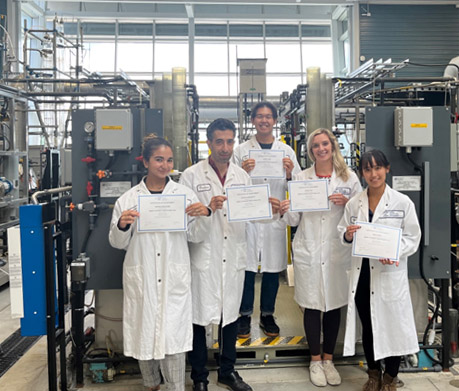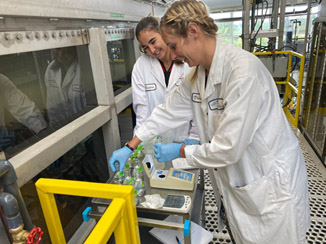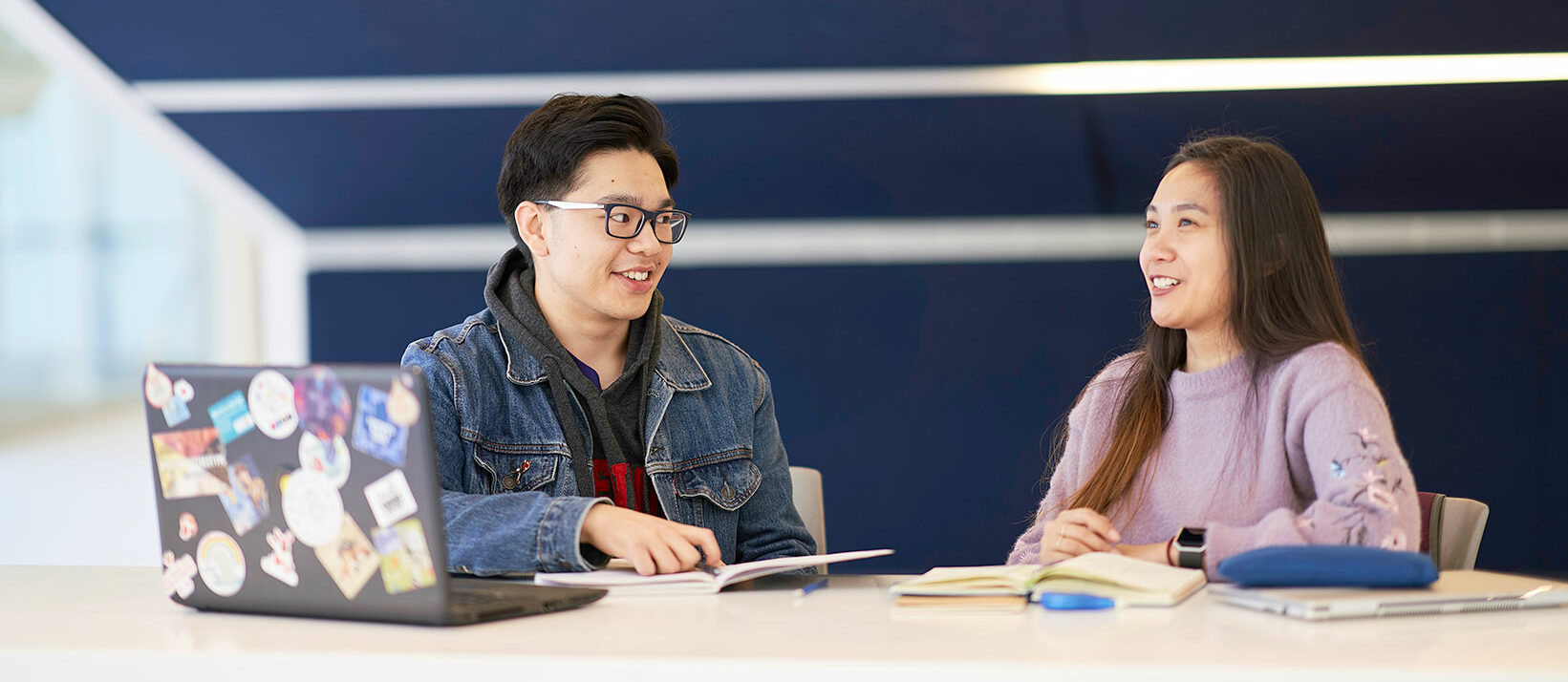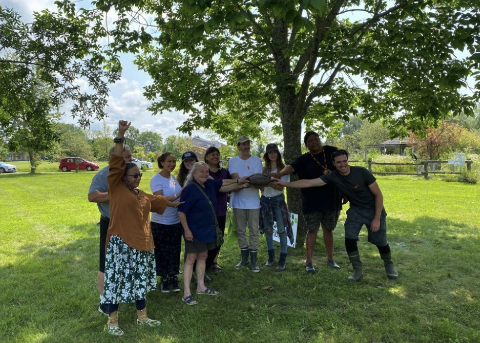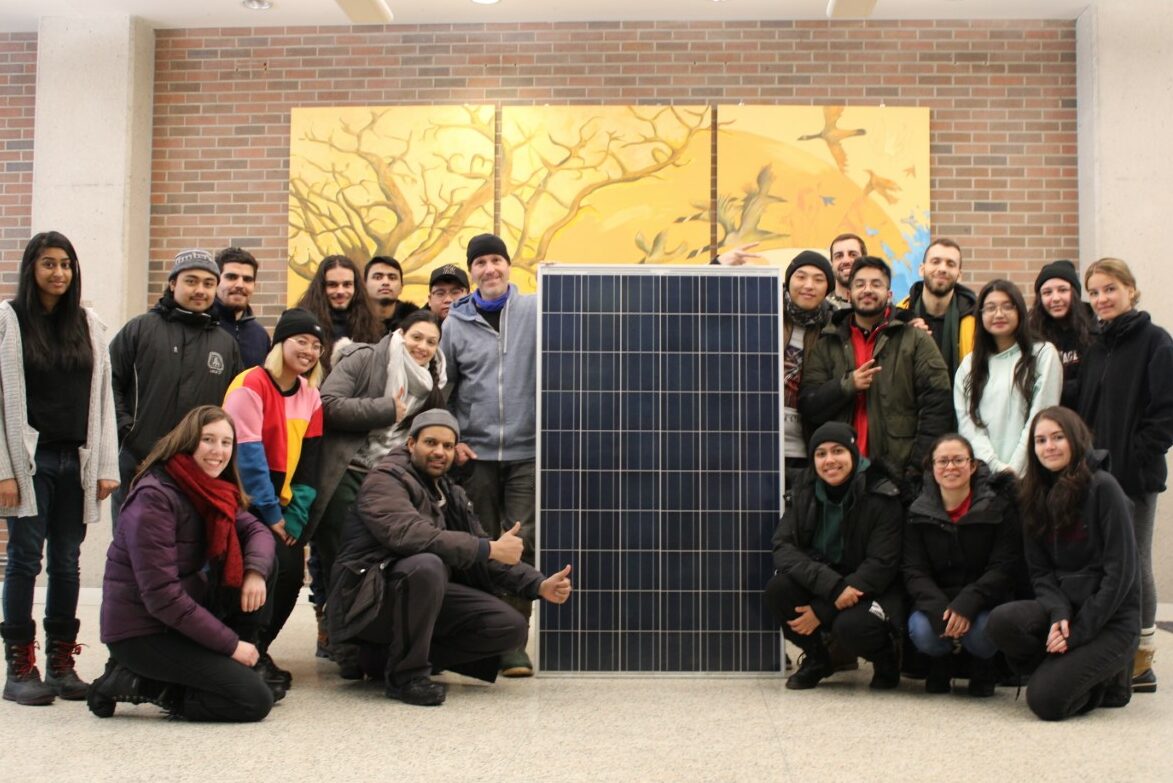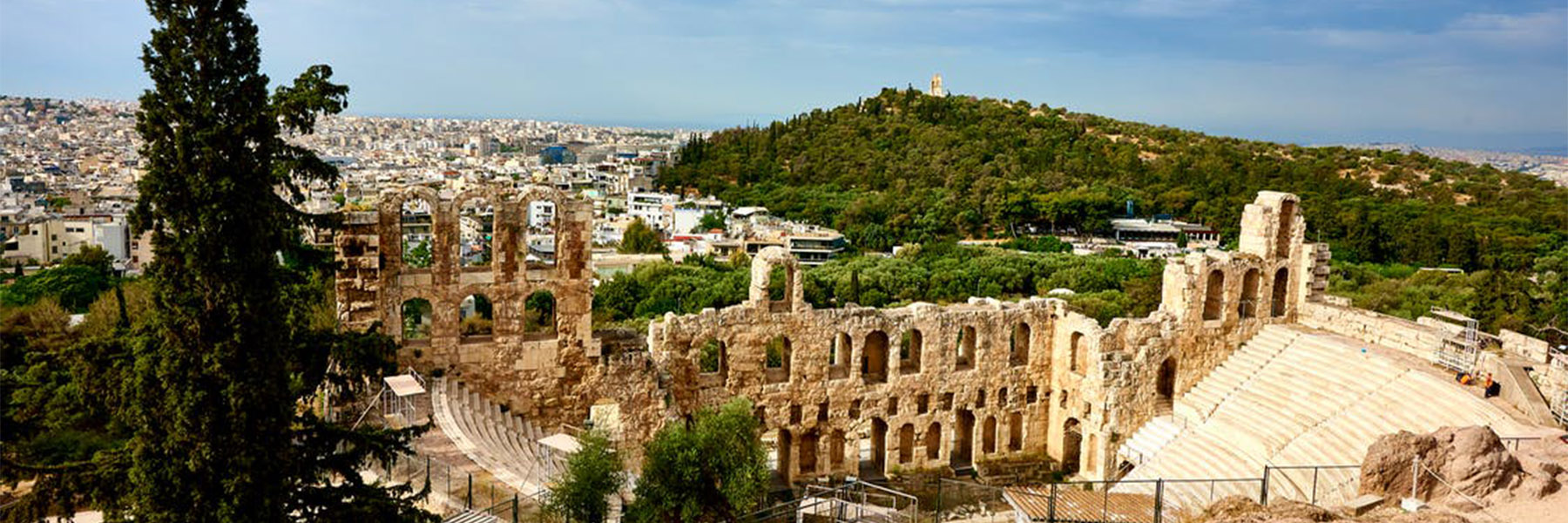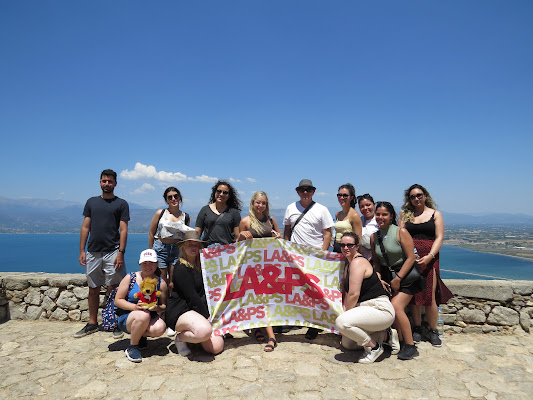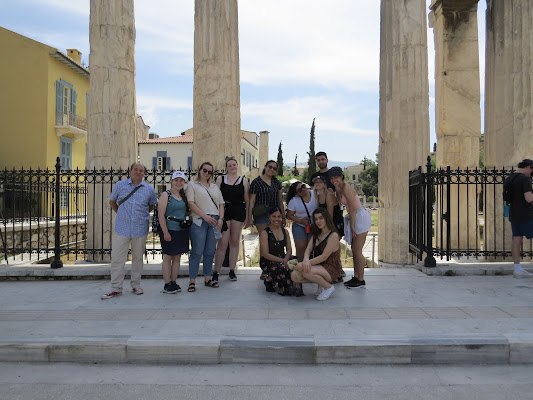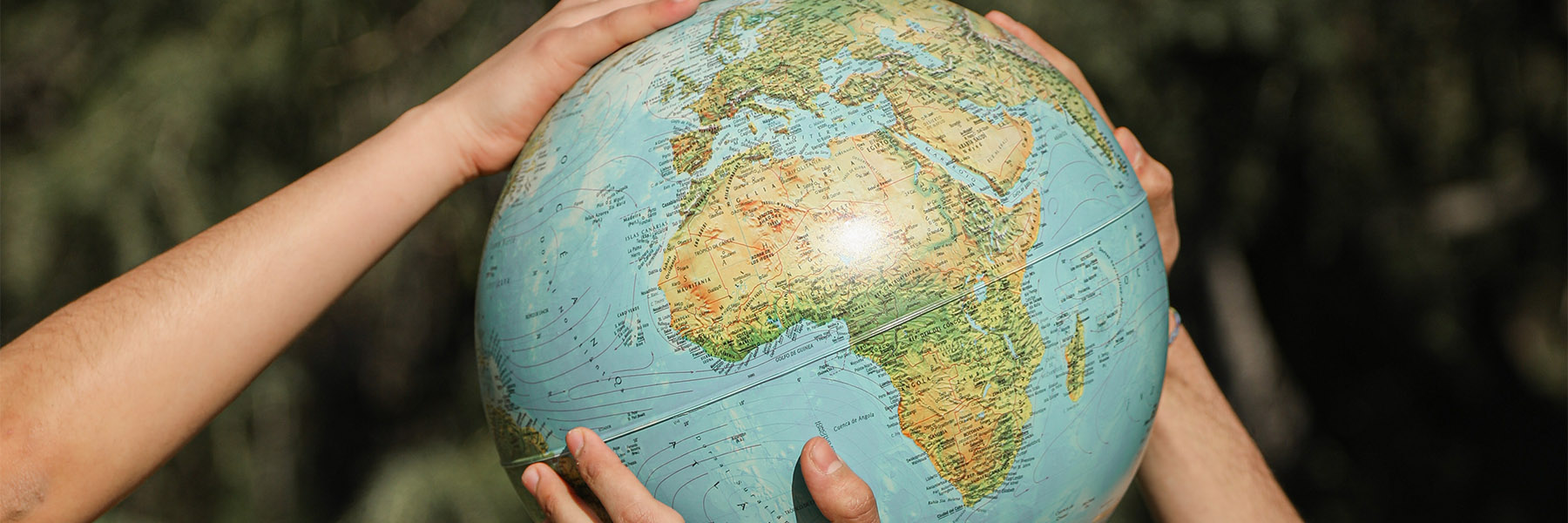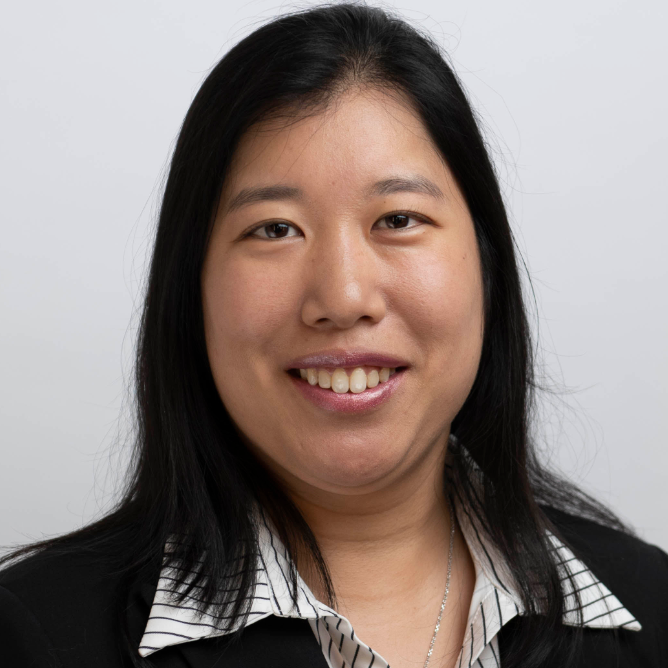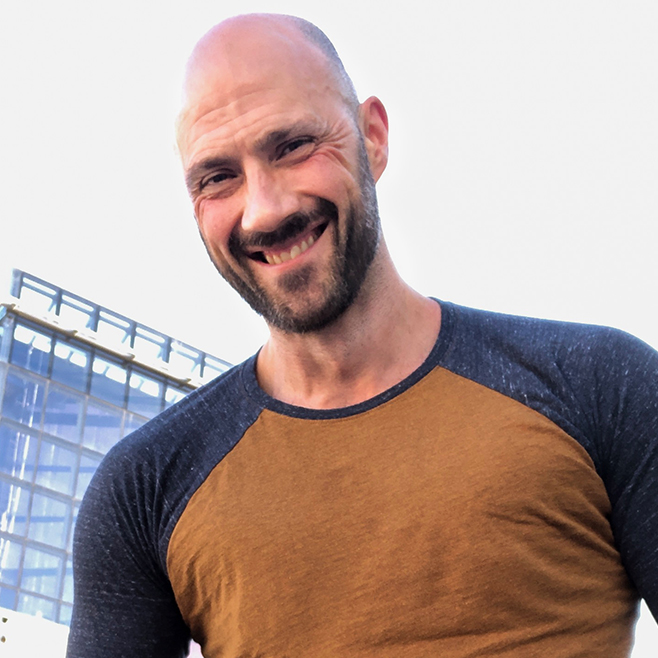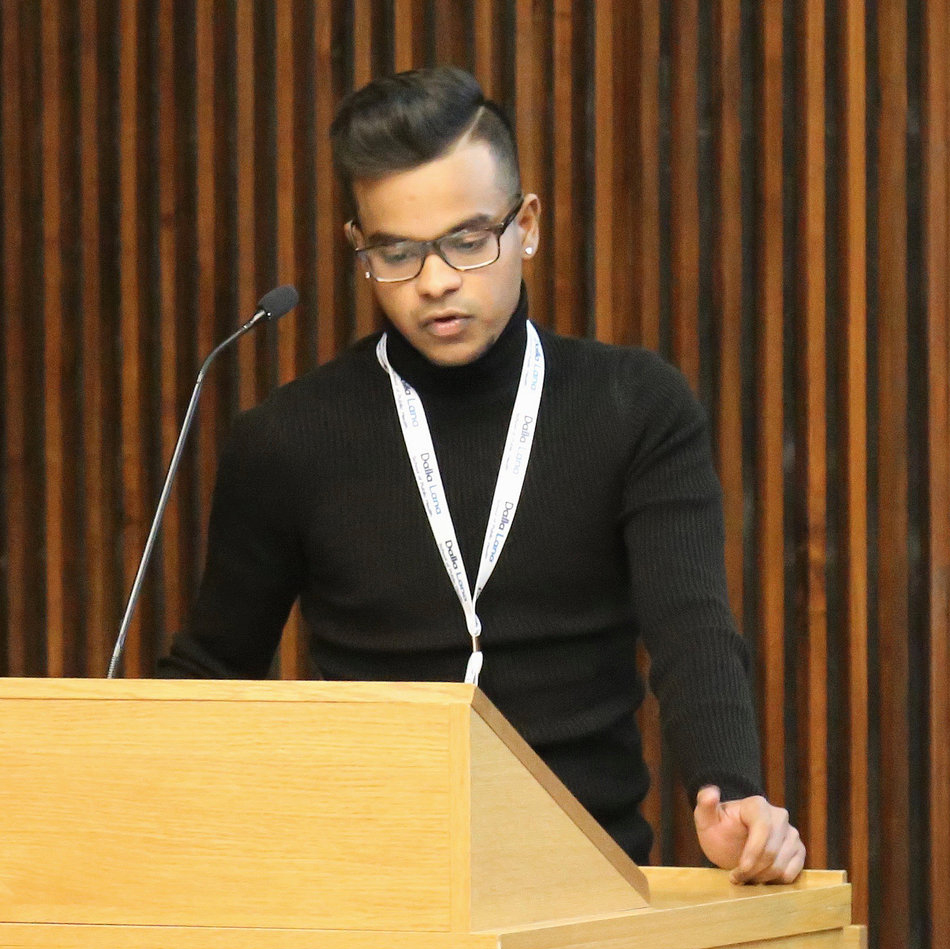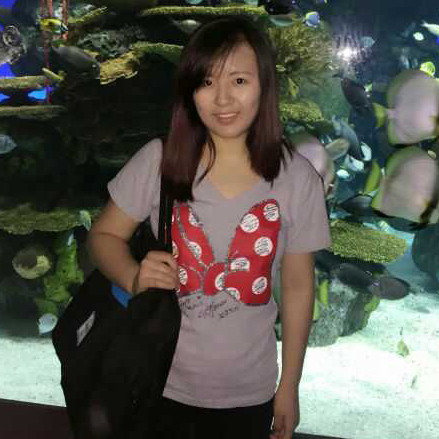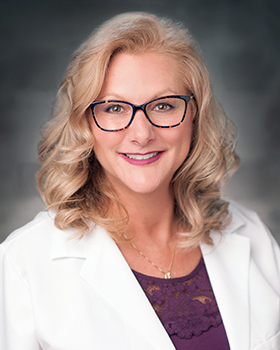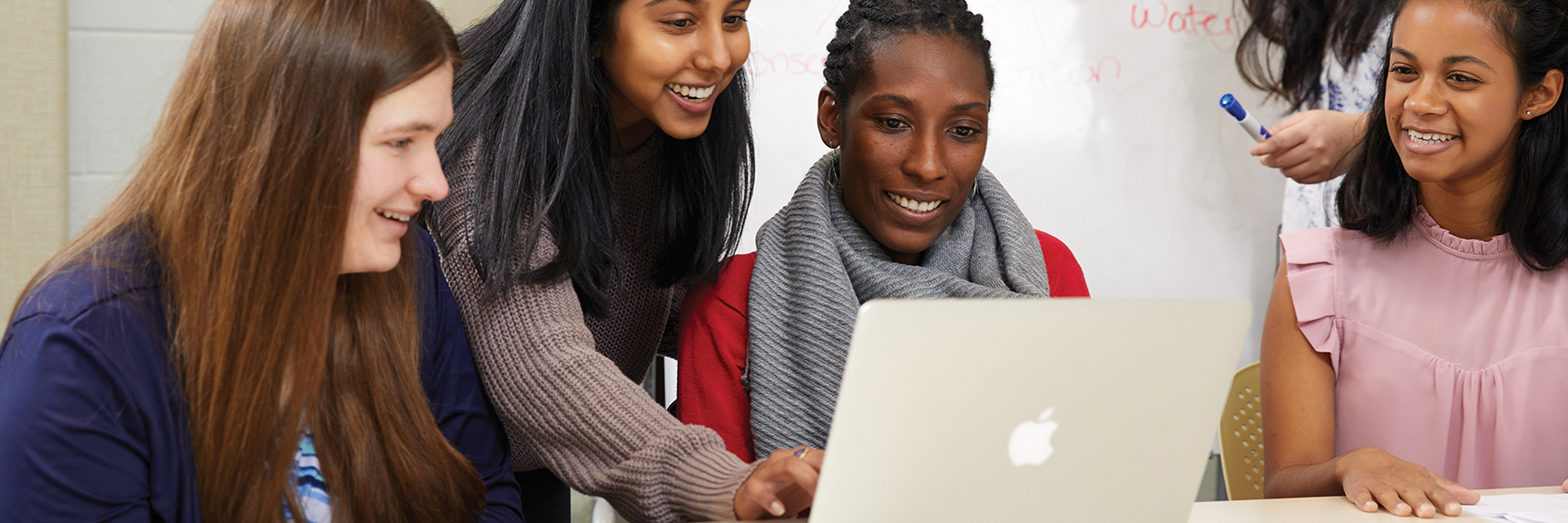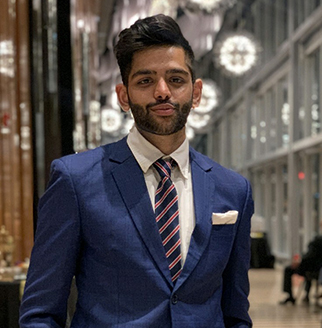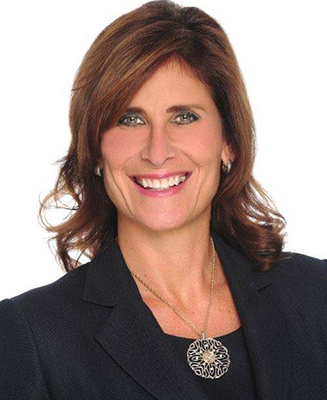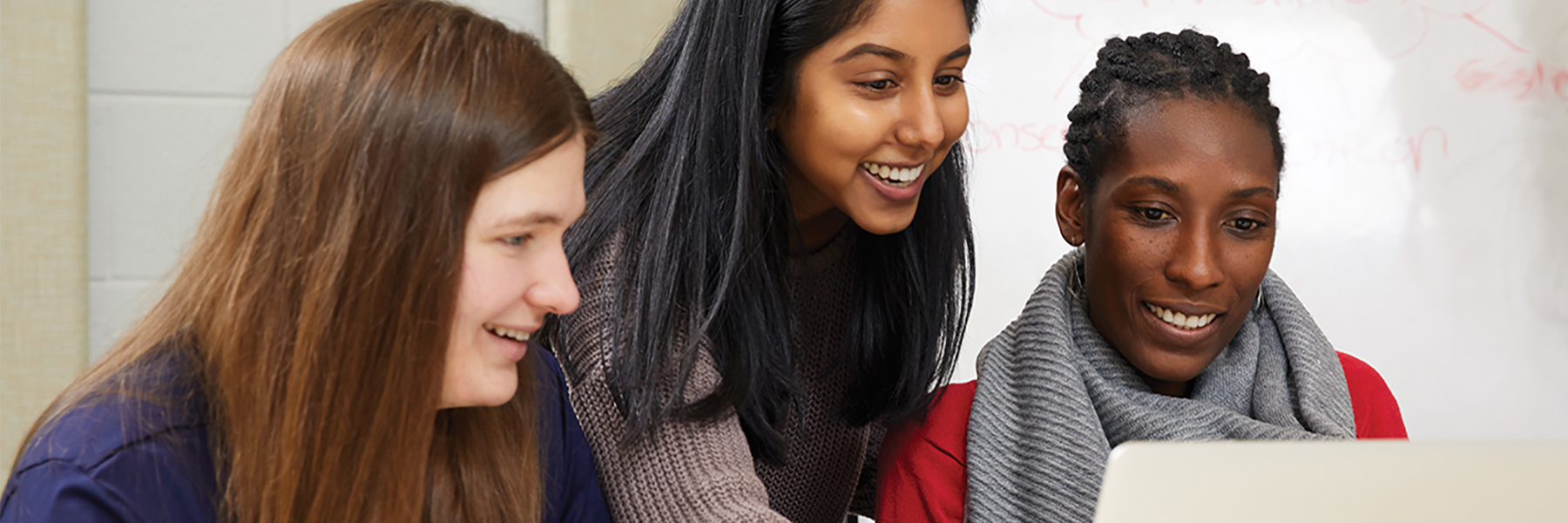York University’s Faculty of Environmental and Urban Change (EUC) students and alumni participated in an experiential education opportunity by touring Toronto’s Regent Park to learn about the innovative energy evolution taking place.
On Aug. 18, the MES York Planning Alumni Committee (MYPAC) held its first in-person event in more than two years. Hosted by David MacMillan (BSC ’09, MES ’14), students, alumni, faculty and community members were led on a walking tour through Regent Park to highlight the revitalization project currently underway, focusing on the energy initiatives taking place.
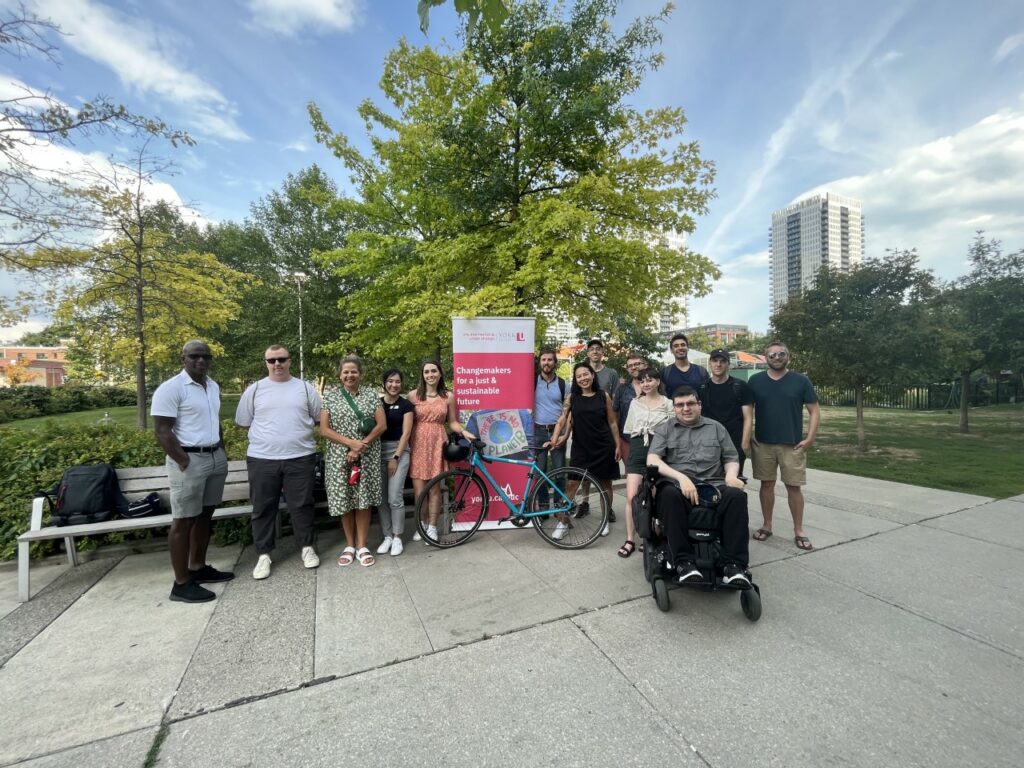
The group learned how the revitalization is meant to help improve resiliency within the community and is catered to the growing demands of increasing population density in the area.
MacMillan studied energy and planning in the MES program and now works as a program manager with the City of Toronto, in the Environment and Energy Division. One of the first students to study how to integrate energy into planning, participants studied MacMillan’s plan to understand the important field of climate action through an expert lens.
With many years of experience working in the industry, MacMillan provided excellent and extensive insight into the current phases of the revitalization plan. Part of walking tour included guest speakers Graeme Armster and Fred Foo from Tridel, a major Canadian real estate developer based in Toronto, who shared insights about phases four and five of the revitalization project and what the future of district energy in Regent Park may look like.
Following the tour, attendees gathered for a networking social at a local establishment.
Laura Taylor, the planning programs coordinator at EUC, attests to the importance of alumni engagement and experiential education. “Our alumni are an integral part of the professional development of our students. Thank you to MYPAC and David for supporting our students today and thanks to all of our alumni who contribute to empowering our students to be changemakers in their careers. The walking tour at Regent Park was fun and informative and an excellent example of how learning can be done outside of the classroom.”
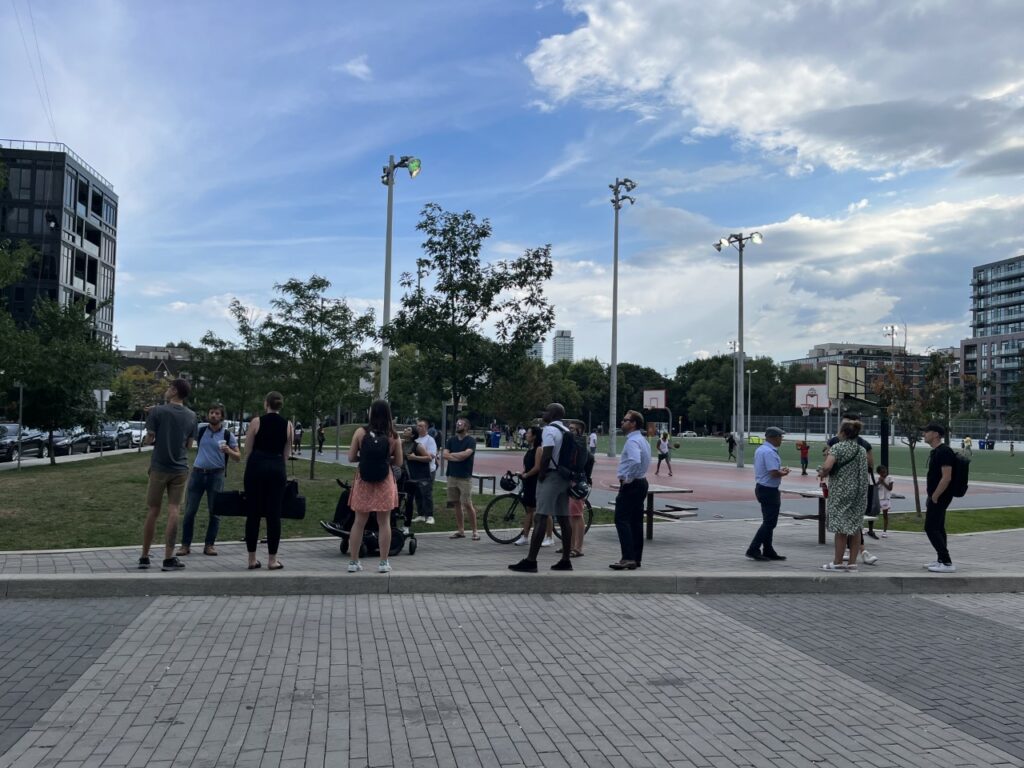
Formed in 2004, MYPAC was created to help foster connections between EUC planning students, alumni and planning professionals. In addition to the walking tour, the committee offers other initiatives such as the PLAN Connector program – a mentorship program between current students and alumni – and fundraising for student initiatives and events. MYPAC is an excellent way for students to network and foster relationships with alumni that help them progress through their academic and professional journeys.
This fall, MYPAC is gearing up to host its annual Alumni Social taking place on Oct. 6 at Propellor Coffee Co., which provides students, alumni and professionals an opportunity to socialize and network in a vibrant Toronto space. The event usually attracts more than 200 York grads and professionals from the public, private and not-for-profit sectors.
“On behalf of MYPAC, we are excited to host and welcome back our community of aspiring and practicing planners after running our events virtually over the past two-and-a-half years. Events like this foster the community that MYPAC seeks to achieve. We look forward to you joining us on Oct. 6 at our fall social. We can’t wait to share stories, reconnect and network with EUC Faculty, staff, students and professional planners,” says MYPAC Chair Patrycja Jankowski (MES ’17).
All proceeds from sponsorship and ticket sales go towards MYPAC’s planning fund, which supports students through the MYPAC Prize, sponsorship of field trips, and speaking programs.
For more information on this event or any other MYPAC initiatives, visit the MYPAC website or contact Joanne Huy, EUC alumni engagement officer, at johuy@yorku.ca.




